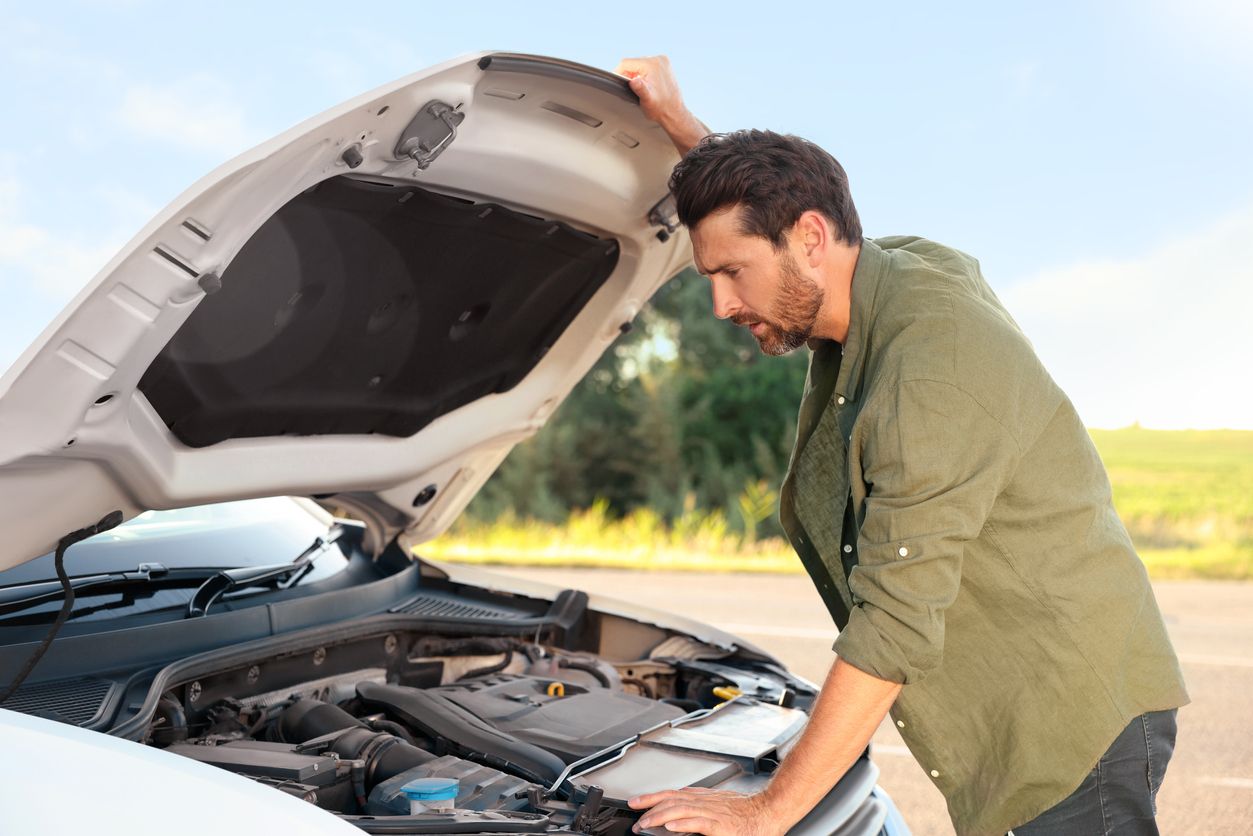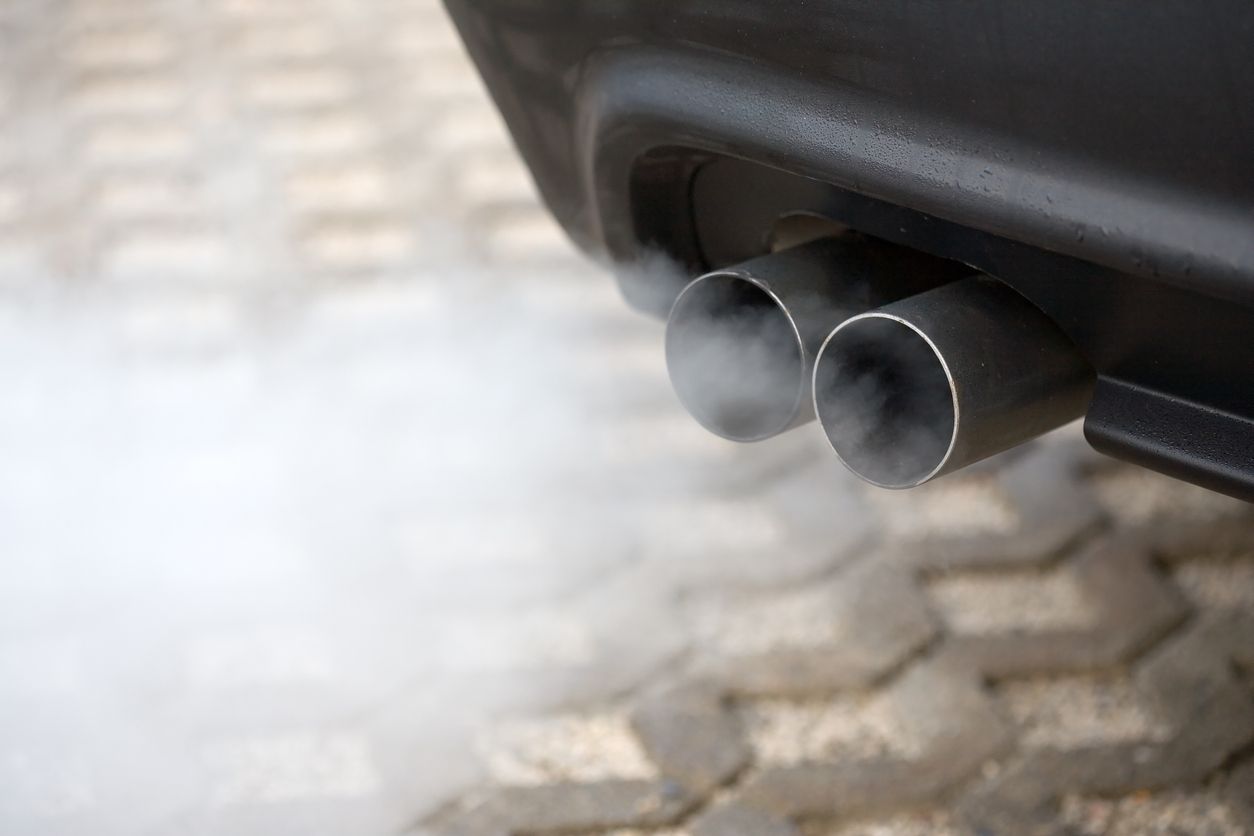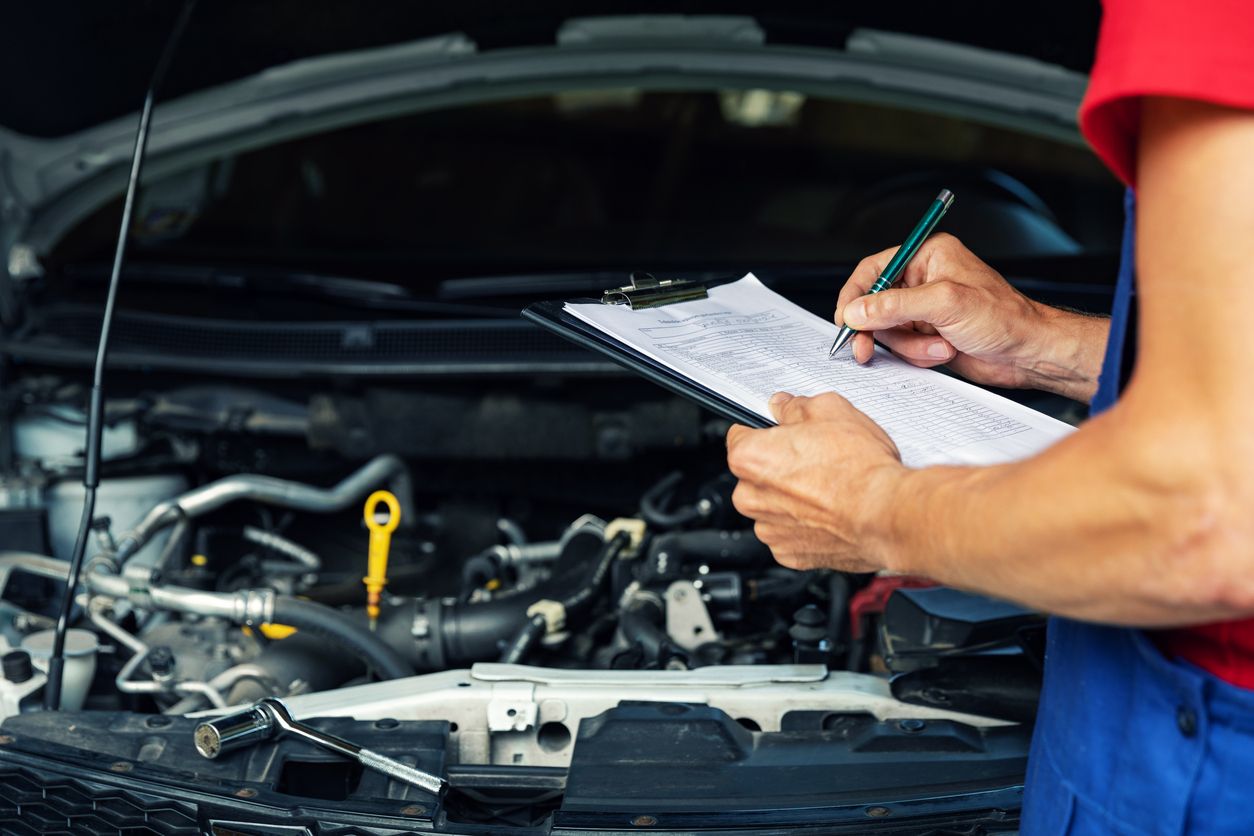
Pop, Skip, Sputter: Your Complete Guide to Engine Misfires
What is an engine misfire, and what would cause an engine to misfire in the first place? Learn everything you need to know about misfiring engines in this guide.
Read More
The springs in your vehicle's suspension system work with your struts and shocks to absorb road impact, support the weight of your vehicle, and keep all four of your wheels planted on the ground. How tightly springs are wound and the stiffness of the suspension springs used can also have an effect a car's handling performance, ride smoothness and correct ground clearance.
Torsion bars and leaf springs can be found on trucks, heavy duty vehicles, and automobiles that predate 1985. The most common type of suspension springs used on vehicles today are coil springs.
Car Coil springs, also called suspensions springs, are made with wide gap coils that compress to absorb impact when tires roll over rough terrain. In most vehicles you’ll find springs, shocks and struts working together like an inseparable team, with the struts physically supporting the springs together, and shocks working with springs to stop your car from bouncing up and down forever.
In addition to improving ride quality by reducing bounce, coil springs and struts are also a critical component that gives the car its height and keeps it off the ground. Remove the struts and springs and your car will drop unsafely low to the ground.
We recommend having your car’s coil springs inspected at regular intervals along with your struts, shocks, bushings, sway bar links, and the rest of your suspension system. If you live in a cold climate where roads are frequently salted in winter weather, you may consider having your steering and suspension system checked more frequently as salt can cause accelerated spring corrosion and cracking.
For more information about coil springs, your vehicle's suspension system, and the maintenance plan that is right for your vehicle contact a Firestone Complete Auto Care tire and auto service professional by phone, email, or in person at one of our 1,700 Firestone Complete Auto Care stores.

What is an engine misfire, and what would cause an engine to misfire in the first place? Learn everything you need to know about misfiring engines in this guide.

White, blue, or black smoke: when should your car’s exhaust color be concerning? This guide explains what different exhaust colors mean, and what to do next!

Get ready to ace your vehicle safety inspection! Find out what inspectors check, common reasons for failure, and how to help keep your car in top condition.